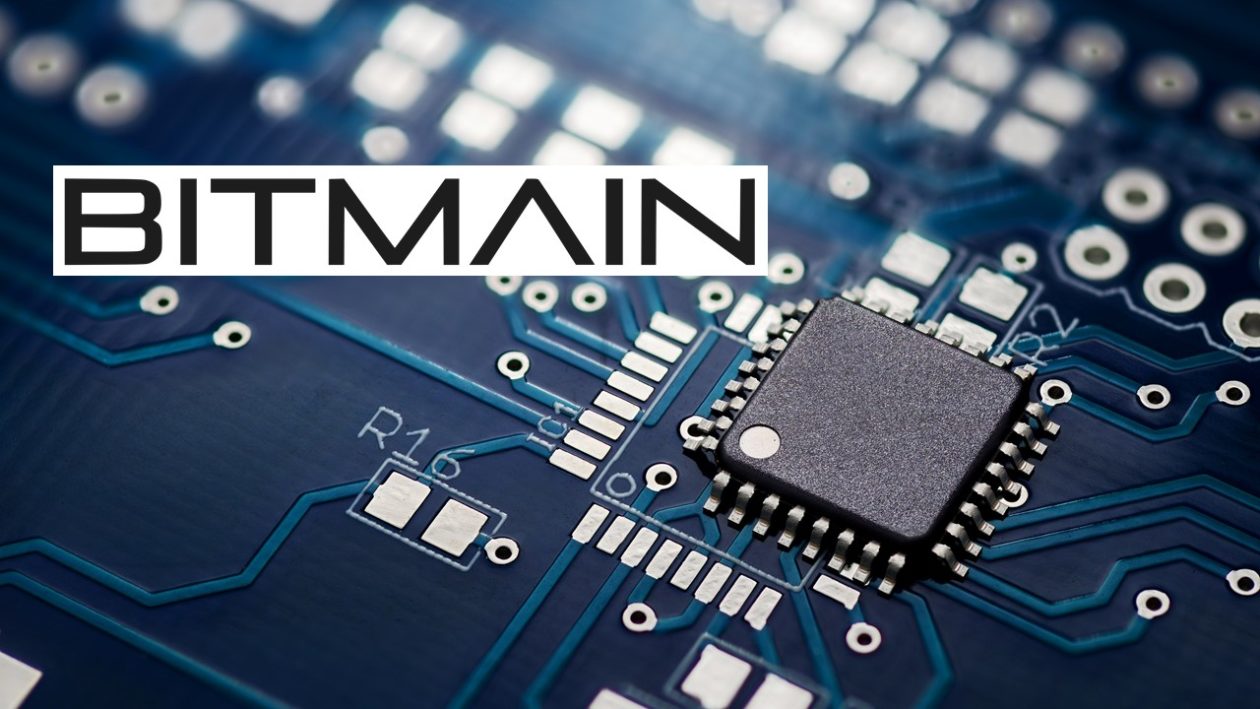Crypto mining rig manufacturer Bitmain donated 11 million yuan (approximately US$1.7 million) to Beijing National Research Center for Information Science and Technology, an interdisciplinary research institute backed by Tsinghua University. The university announced the donation to the press this week, although a ceremony marking the donation was held Nov. 9.
Fast facts
- Micree Zhan, chairman of Bitmain, and Dai Qionghai, dean of the School of Information of Tsinghua University, spoke at the ceremony. Zhan said that Bitmain is actively seeking comprehensive cooperation with universities and colleges to develop world-leading computer chips. Dai said that the institution “will conduct in-depth research with Bitmain in optoelectronic chips” (a supercomputer chip used in AI) and “achieve disruptive results and contribute to the efforts of Chinese scientific research to reach the world’s leading level.”
- It is not the first time Bitmain has invested in a research institute. In June, Bitmain donated to Shandong University to establish the Institute of Intelligent Computing, to develop blockchain-related algorithms. Zhan graduated from Shandong University in 2001.
- Last week Bitmain launched its latest miner — with a hashrate of 140 TH/S it is the most powerful on the market right now — equipped with the newly developed 5-nanometer chip from top chip maker TSMC. Bitmain reportedly has been one of the factory’s largest customers but before Bitmain launched the mining rig in August, TSMC raised the price of the chip by 20%.
- Bitmain appears to be assembling a team to build its own chips. Taiwanese authorities have accused the company of having poached about two hundred workers with expertise in designing chips for AI purposes, all within the last three years.
- China has been relentlessly regulating the crypto industry. In response, Bitmain has reportedly migrated its mining machine factories from southern China to Southeast Asian countries and moved some middle and high-level employees overseas. Bitmain has kept an office in Beijing.
- Affected by supply-chain disruptions, various countries have suffered from chip shortages for nearly a year. Beijing is reported to be wary of U.S.-Sino tensions and seeking a self-sufficient chip solution.

